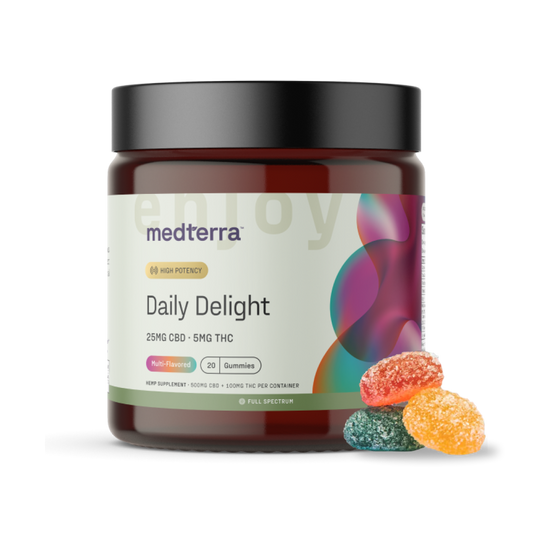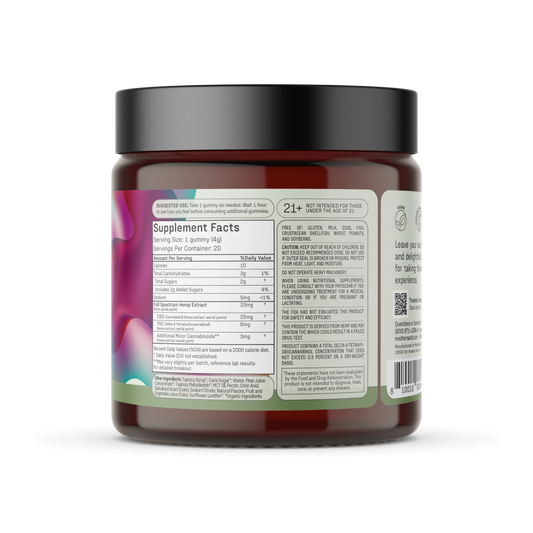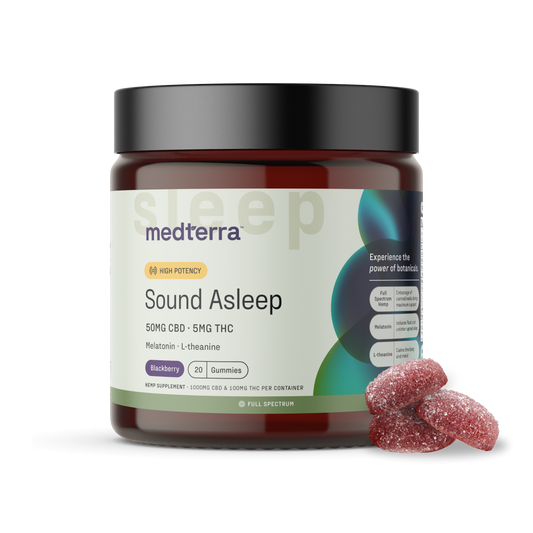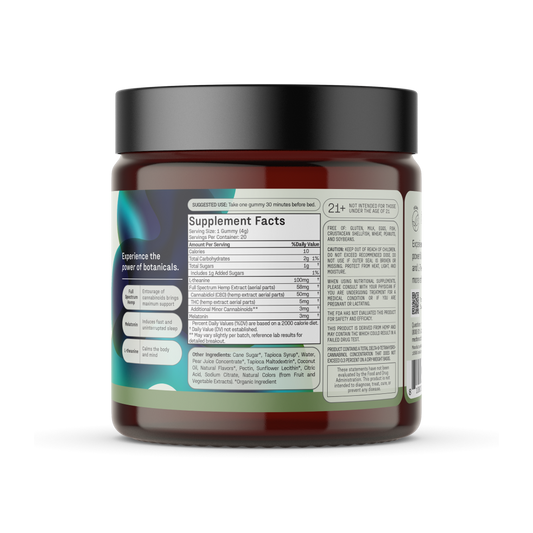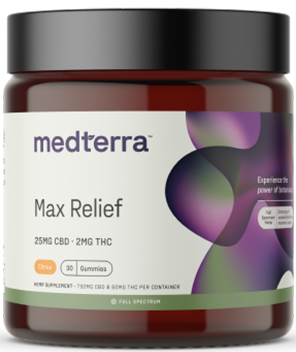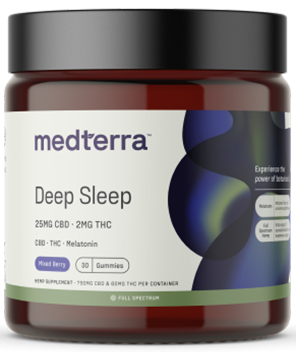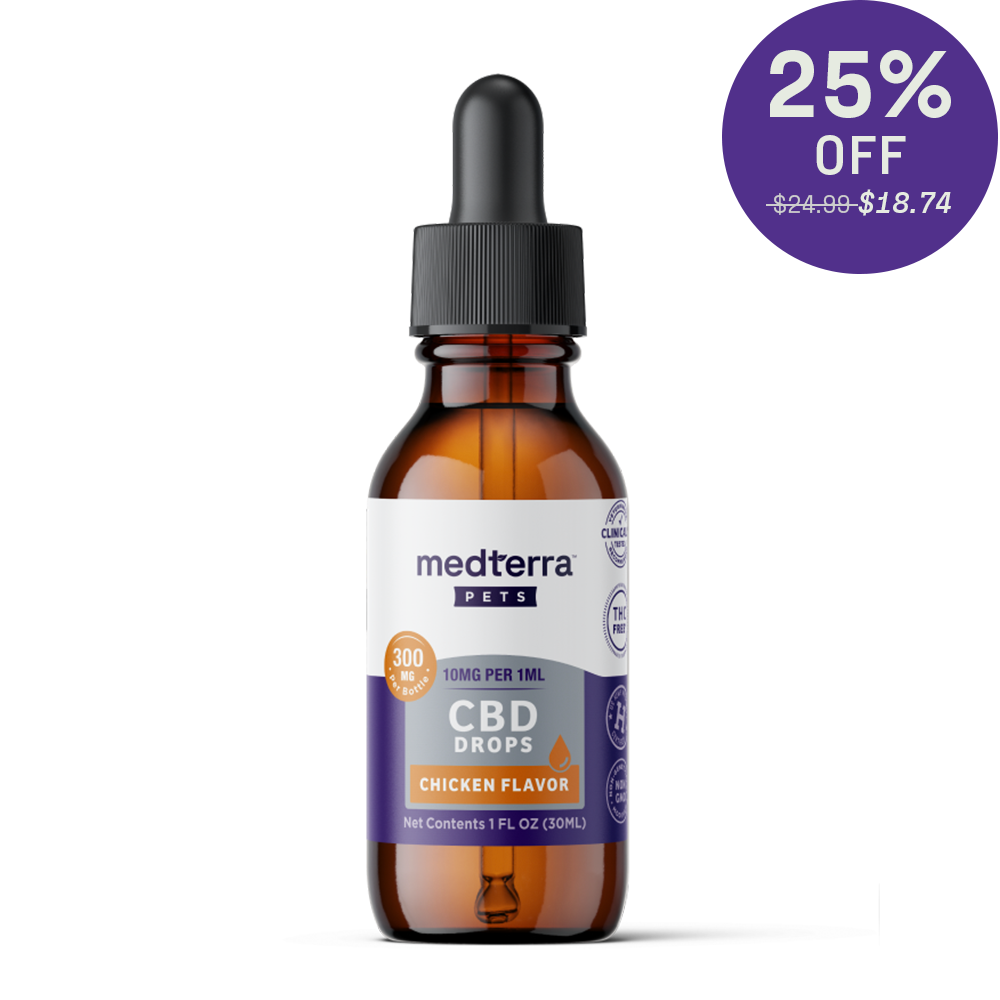If you’re as big a fan of CBD as we are, you might be wondering if there’s anything CBD oil can’t do. As it turns out, there is...and not just one thing, either. CBD is actually heavily dependent on hemp’s other plant compounds in order to work the way it does. Strip your average CBD oil of everything but its isolated, stereospecific CBD, and it may not work so well. Could it be that the true power of CBD has been overstated? Science is hinting yes. In reality, many benefits attributed to CBD can be traced back to another group of plant compounds: the terpenes. [1]
What are Terpenes?
Terpenes are small, volatile molecules found in many plants. Because terpenes are small and delicate, they constantly evaporate to produce characteristic smells. Linalool is the terpene that gives lavender its pleasant aroma, for example, while pinene from pine trees is what makes forest walking so aromatherapeutic and relaxing. [2][3] Terpenes have been found to aid stress and discomfort properties of all sorts. But they’re not unique — they’re ubiquitous, found all throughout nature. [4] So what makes hemp’s terpene components so important? It’s their particular combination. Hemp is unique; it contains dozens and dozens of terpenes that one would normally have to obtain through several different plants. If you’re interested in aromatherapy, just take full-spectrum CBD sourced from quality hemp!The Entourage Effect
The truth about terpenes lies in another, related truth: Nature never does anything one-sided. In other words, the effects of hemp’s cannabinoids (CBD, THC, etc) and terpenes together are multi-dimensional. They may make users wakeful at certain doses but pleasantly relaxed at other ones; they may hit several molecular targets at once instead of activating just one or two. The sum of these complex molecular interactions produces a heightened effect called the entourage effect.
Think of it this way: terpenes provide an entourage with which CBD can easily travel to its most important endocannabinoid receptor sites. Certain terpenes can even ‘open up’ endocannabinoid receptors to allow more binding; other terpenes can make the blood-brain barrier (BBB) permeable enough for more cannabinoids to enter through.
These select terpenes help keep the BBB selective, though, meaning good stuff comes in and harmful stuff stays out! [5] Also interesting: terpenes are complex enough to produce unexpected, apparently random qualities. According to cannabis expert Michael Backes, “CBD and some terpenes appear to reduce the reward effect of nicotine”.
Another terpene, called beta-caryophyllene, activates the endocannabinoid system’s CB2 receptors so strongly that some consider it a dietary cannabinoid. [6] Could it be that we’ve been oversimplifying things all along? It seems to.
Given that nature knows best, the best solution is probably a natural one: full-spectrum, gently extracted CBD!



